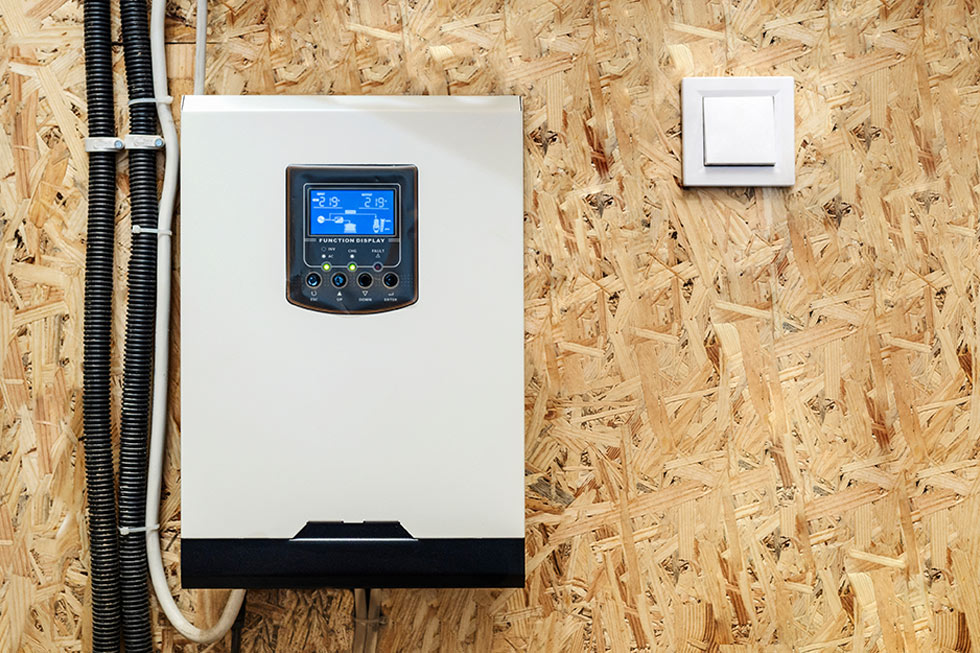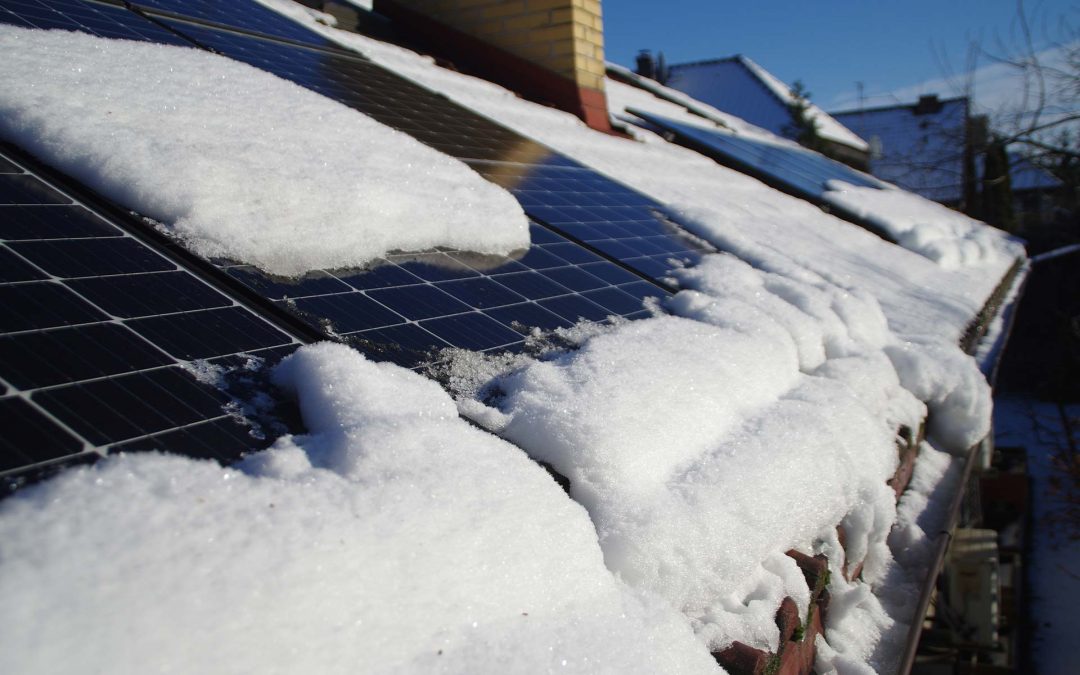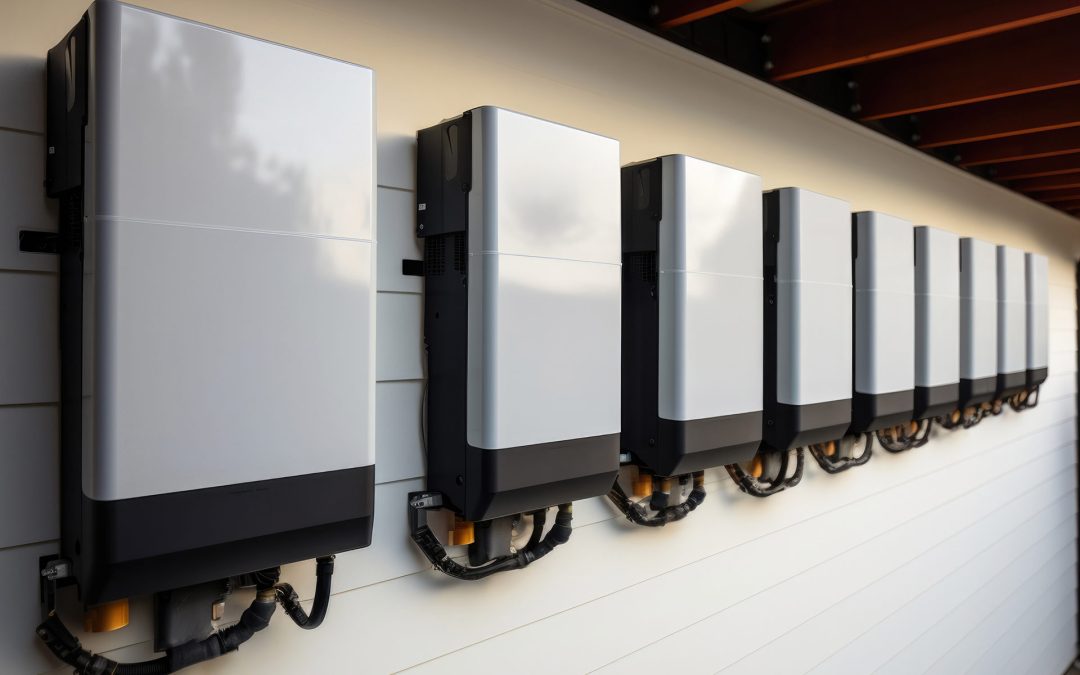As the United Kingdom continues to pursue its ambitious renewable energy goals, the choice between various renewable energy sources becomes increasingly relevant. Among these sources, solar panels stand out as a popular and accessible option for both residential and commercial applications. In this article, we’ll explore the comparison between solar panels and other renewable energy sources in the UK, taking into account factors like efficiency, cost, environmental impact, and suitability for the British climate.
Solar Panels in the UK:
Solar panels, also known as photovoltaic (PV) panels, have witnessed significant growth in the UK over the past decade. Their primary advantage lies in harnessing the abundant solar energy, even in a country known for its cloudy skies. Here are some key points to consider:
EFFICIENCY:
Solar panel efficiency varies depending on the type and location of installation. In the UK, the average efficiency ranges from 10% to 20%, with advancements in technology continually improving these numbers.
COST:
Solar panel costs have significantly decreased, making them an attractive option for homeowners and businesses. The return on investment can be achieved within 5-10 years.
ENVIRONMENTAL IMPACT:
Solar panels produce clean and renewable energy with minimal greenhouse gas emissions. Their operation contributes to reducing the carbon footprint and air pollution in the UK.
SUSTAINABILITY
Solar panels are adaptable to a variety of settings, including residential rooftops, commercial buildings, and ground-mounted arrays. They are particularly suitable for urban areas and locations with limited space.
Other Renewable Energy Sources:
In addition to solar panels, the UK also utilises various other renewable energy sources:
WIND ENERGY:
Wind turbines are a prominent renewable energy source in the UK. The UK boasts some of the best wind resources in Europe. Wind energy is highly efficient and suitable for large-scale projects but can be location-dependent.
HYDROELECTRIC POWER:
Although limited in scale, the UK has some small hydroelectric power plants. This source is highly efficient but requires suitable water sources, making it location-specific.
BIOMASS ENERGY:
Biomass involves the conversion of organic materials into energy. It is versatile and can be used for heating, electricity generation, and biofuels. However, it raises concerns about resource sustainability.
TIDAL AND WAVE ENERGY
With its extensive coastline, the UK has the potential to harness tidal and wave energy. These sources are highly predictable but require advanced technologies and substantial investments.
Comparison:
EFFICIENCY:
Solar panels and wind turbines have relatively high efficiency and are widely applicable. Biomass and hydroelectric power can also be efficient but may have location limitations. Tidal and wave energy are highly efficient but technologically complex.
COST:
Solar panels have become increasingly affordable, offering a reasonable return on investment. Wind energy is competitive in terms of cost, while other sources like biomass and tidal energy can be more expensive to implement.
ENVIRONMENTAL IMPACT:
All renewable energy sources have lower environmental impact compared to fossil fuels. Solar panels and wind turbines have minimal environmental footprint, while biomass and hydroelectric power may raise concerns regarding land use and resource sustainability.
SUSTAINABILITY:
Solar panels are versatile and suitable for a wide range of locations, whereas wind, hydro, and tidal energy require specific geographical conditions.
Conclusion:
In the United Kingdom, the choice between solar panels and other renewable energy sources depends on various factors, including location, budget, and environmental considerations. While solar panels offer a practical and accessible option for many, the UK’s diverse renewable energy portfolio ensures that different regions can harness the most appropriate sources to meet their specific energy needs.
By making informed decisions based on local conditions and individual requirements, the UK can continue its journey towards a sustainable and low-carbon future.
Ready to make the switch to solar?
Contact us today for a free quotation on 01706 662 608 or fill in our contact form and we’ll call you back.



